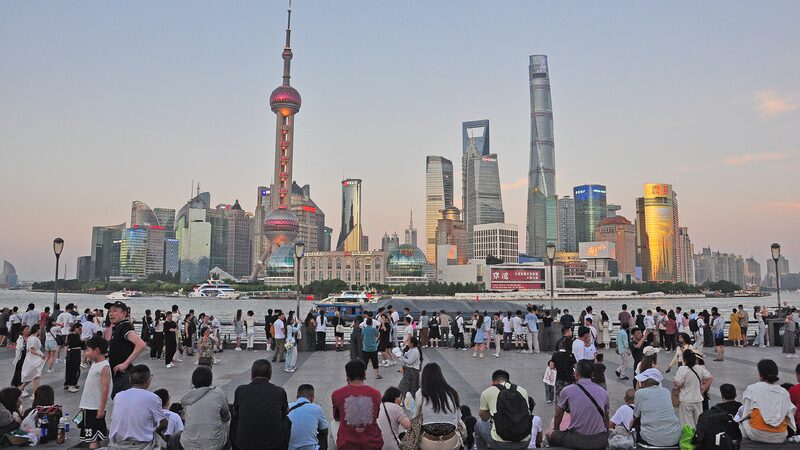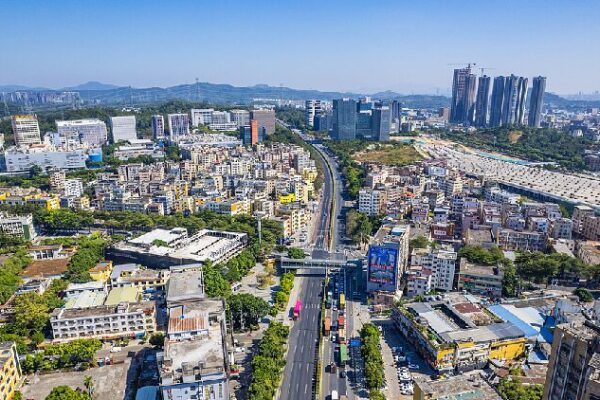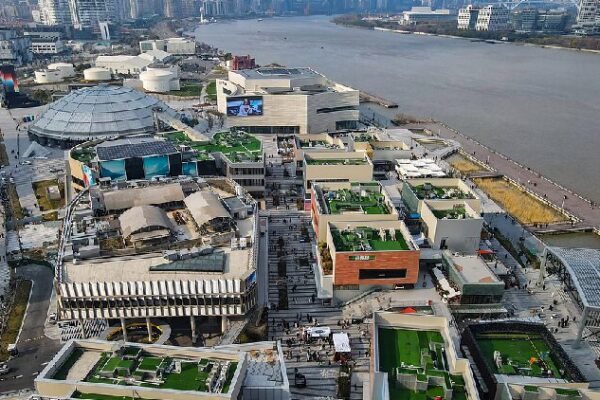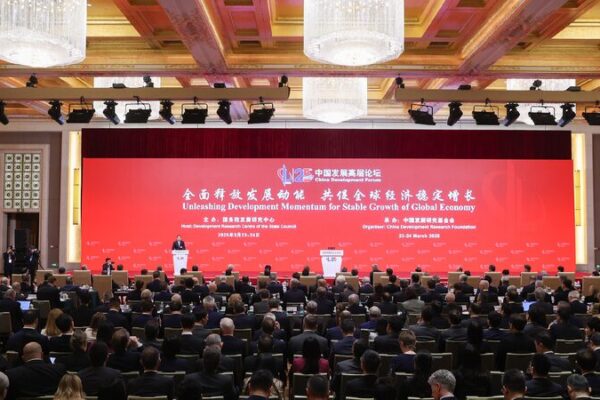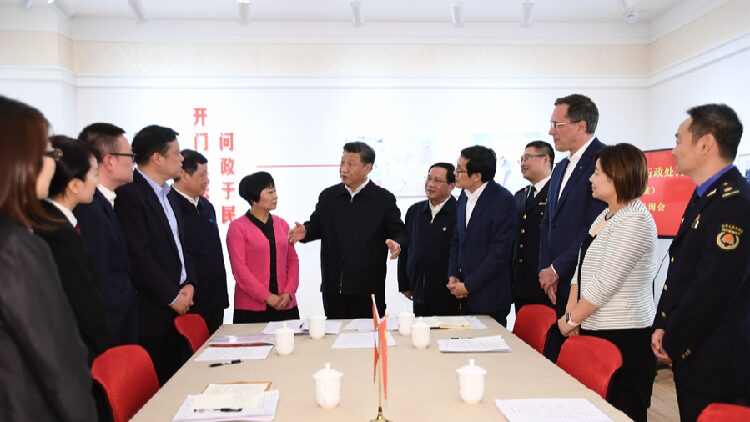As cities around the world grapple with rapid urbanization, Beijing is emerging as a model for innovative urban governance. The city’s approach to addressing modern challenges offers valuable lessons for global cities seeking sustainable and inclusive growth.
Swift Responses to Public Concerns
At the heart of Beijing’s success is its commitment to listening to its residents. Through a swift complaint resolution system, citizens can report issues via digital platforms, ensuring rapid responses to concerns like infrastructure maintenance and public safety. This proactive governance fosters trust between residents and authorities, enhancing the overall efficiency of urban management.
For instance, when a bus stop in one neighborhood became overcrowded due to outdated routes, residents submitted feedback through the city’s app. In response, officials quickly adjusted the bus routes, updated signage, and optimized the schedule, improving daily commutes for everyone involved.
Affordable Housing for All
Housing affordability is a pressing issue worldwide, and Beijing tackles it with a dual-track approach. By combining public housing projects with market-driven developments, the city meets the diverse needs of its population. This strategy promotes social equity and ensures that no one is left behind in the urbanization process.
A resident who recently moved into a new public housing community shared how subsidized rent allowed her family to save for the future while enjoying a safe and vibrant environment. This balance between public policies and private-sector innovation creates stable and inclusive communities, setting an example for cities facing housing shortages.
Sustainable and Inclusive Transportation
Beijing’s transportation network is a testament to its dedication to sustainability and resident involvement. The extensive subway system, electric buses, and popular bike-sharing programs work together to reduce traffic congestion and lower emissions. Importantly, the city involves citizens in shaping transit policies through participatory planning processes.
Participating in a public consultation on expanding bike lanes, many residents shared their ideas and concerns. City planners incorporated this feedback, resulting in improved bike networks and a stronger sense of community ownership over public spaces.
Embracing Smart Technology
The integration of advanced technologies like big data, artificial intelligence, and the Internet of Things enables Beijing to manage urban challenges effectively. Real-time monitoring and smart systems allow for quick responses to issues such as flooding or traffic congestion, making the city more adaptive and resilient.
During a particularly rainy season, smart drainage systems and real-time alerts helped authorities address flooding promptly, minimizing disruptions for residents.
Commitment to Green Spaces
Environmental sustainability is central to Beijing’s urban plan. Investments in green infrastructure, renewable energy, and eco-friendly designs demonstrate the city’s commitment to creating livable spaces that harmonize with nature. Transforming former industrial sites into lush parks enhances neighborhood livability and showcases how development and environmental preservation can go hand in hand.
Jogging through a park that was once a neglected area, it’s clear how such initiatives improve quality of life and contribute to a healthier urban environment.
A Blueprint for the Future
Beijing’s holistic approach to urban governance—prioritizing resident well-being, embracing technology, and promoting sustainability—offers a practical blueprint for cities worldwide. As urban populations continue to grow, adopting similar strategies can help other cities navigate the complexities of modern urbanization while improving the lives of their citizens.
Reference(s):
Beijing's urban governance offers lessons for global cities' future
cgtn.com

